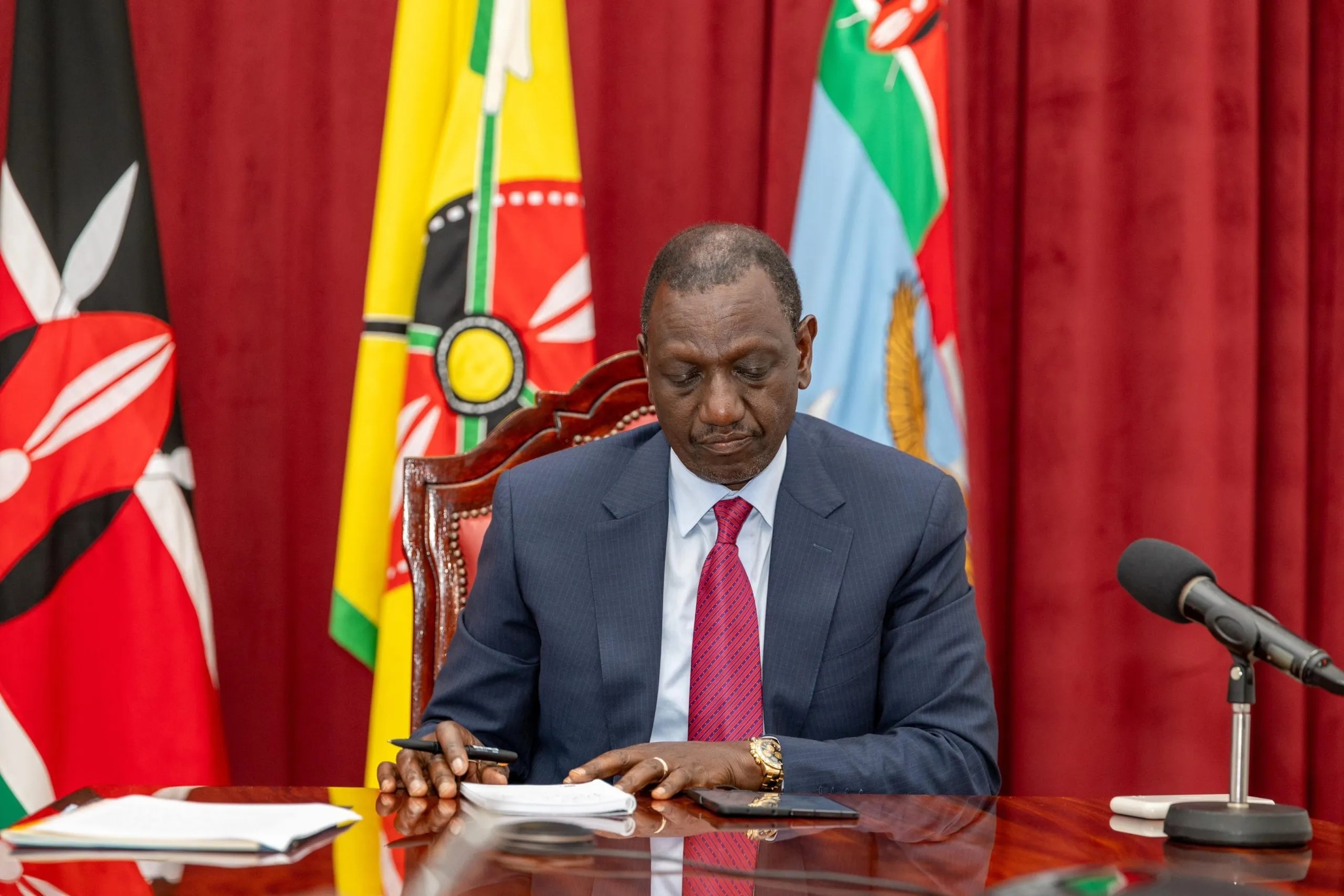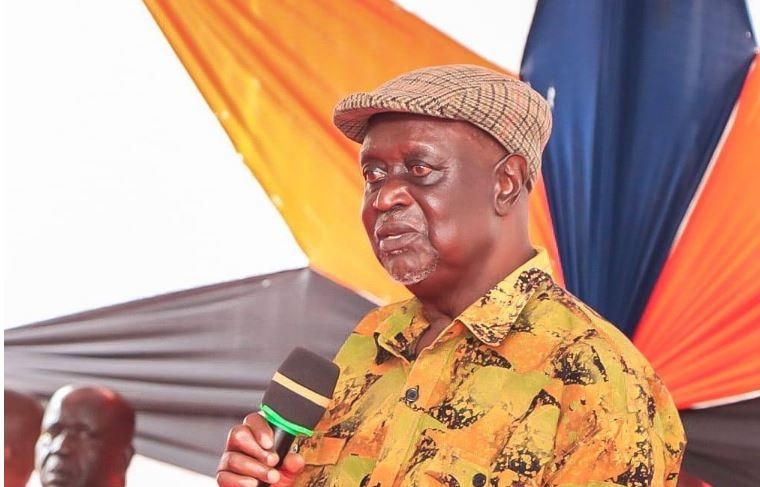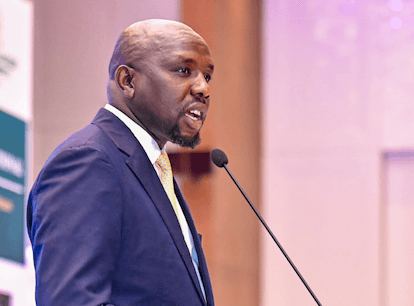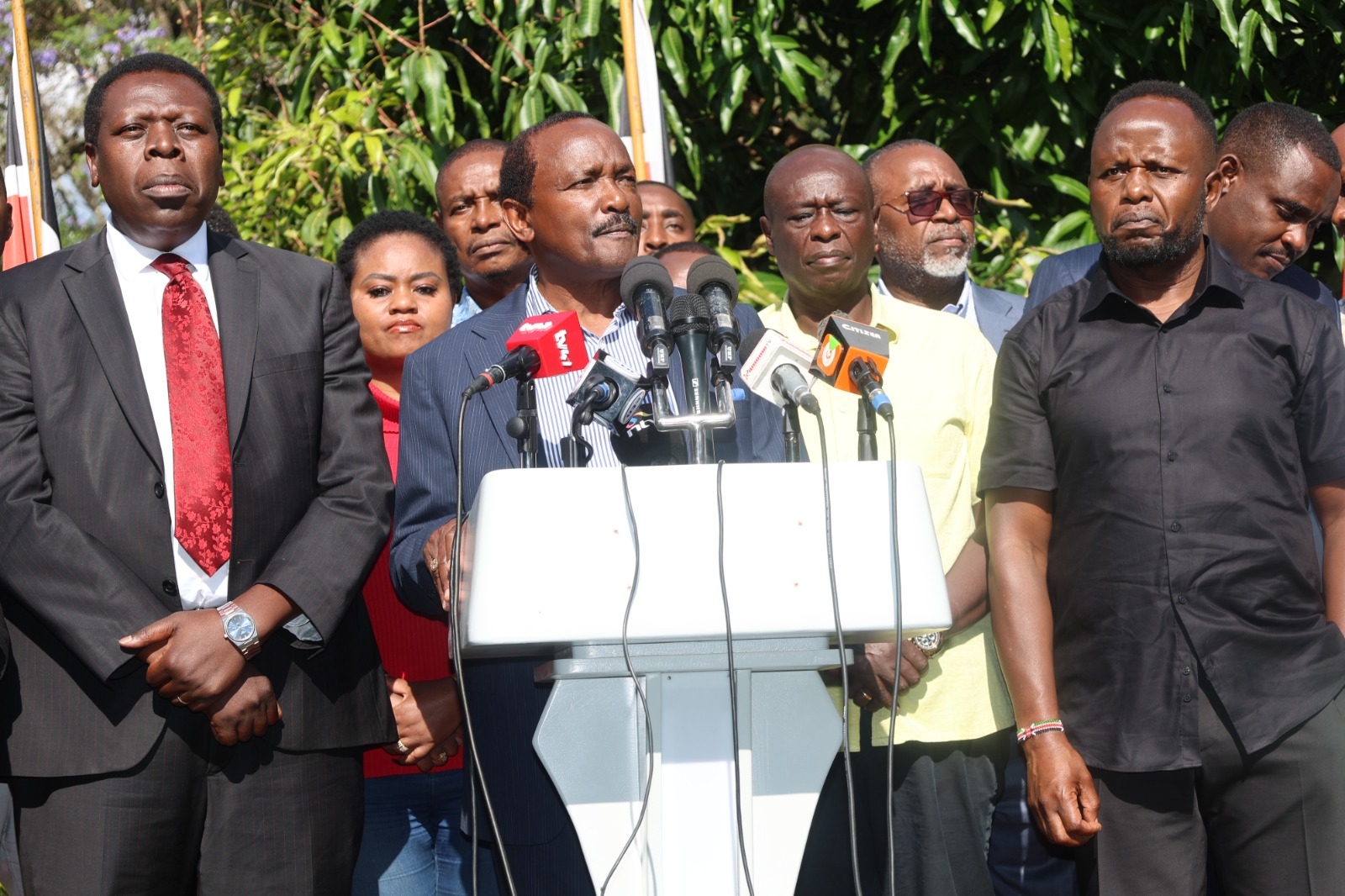Kenya could have defaulted on its inaugural Eurobond due next June, if the International Monetary Fund (IMF) did not step in, President William Ruto's lead economic advisor, David Ndii has said.
Speaking at the release of the 2024 Microeconomic Outlook by NCBA Bank, Ndii said the government is operating on limited resources, inadequate to meet several obligations.
"Without the IMF programme, we would probably have defaulted, let's be honest,'' Ndii said.
He added that as of now, the repayment for the $2 billion Eurobond sourced in 2014 to partly settle a syndicated loan and fund infrastructure is fully funded.
Kenya has been drawing the $2.3 billion facility approved by the IMF board in 2021 as part of the Extended Credit Facility to support its budget.
In July, the Washington-based institution approved the disbursement of Sh58.8 billion ($415.4 million) to Kenya in the fifth review of the multi-year programme, which runs until April 2025.
The disbursement put the multilateral lender’s cumulative funding to the country under the programme at Sh288.6 billion ($2.04 billion) since its approval.
It also approved the disbursement of Sh78 billion ($551.4 million) under the resilience and sustainability facility (RSF), which is expected to support the country’s efforts in combating the effects of climate change.
His statement came just a week after the Central Bank of Kenya (CBK) governor Kamau Thugge revealed that the country was planning to buy back up to a quarter of its $2 billion in 2024.
"The country is in talks to raise between $500 million and $1 billion in commercial loans from two regional policy banks, the Trade & Development Bank and the African Export-Import Bank," Thugge said.
The government is leaning toward multilateral institutions following tightness in the global markets, which has rendered the issuance of fresh debt to refinance maturing debt an improbable route to settle the maturity, which is eight months away.
The country's shilling has depreciated by an average of 20 per cent in the past 12 months against major international currencies.
The depreciating shilling has forced the government to revise its repayment plan upwards.
For instance, the inaugural Eurobond of $2 billion taken in 2014 will now attract an extra Sh70 billion due to the weak shilling.
The dollar was selling at an average of Sh88 by the time Kenya was raising its first-ever Eurobond debt.
Data from the National Treasury shows the country will pay Sh311.6 billion to clear the initial Eurobond in June, up from the initial Sh240 billion.
This is after Kenya revised its currency from Sh120.80 to Sh155.81 against the US dollar.
Ndii's statement contradicts previous assurance by the National Treasury of its ability to clear maturing external loans.
Most of Kenya's external debt which accounts for 51 per cent of the country's total public debt estimated at 10.52 trillion in August is denominated in US dollars, with the latest data from the National Treasury showing that it accounts for 71 per cent of external debt.
Other currencies including Euro, the Japanese Yen, the Chinese Yuan, and the Sterling Pound hold debt to 18 per cent, 6.6 per cent, 5.4 per cent and 2.5 per cent, respectively.



















